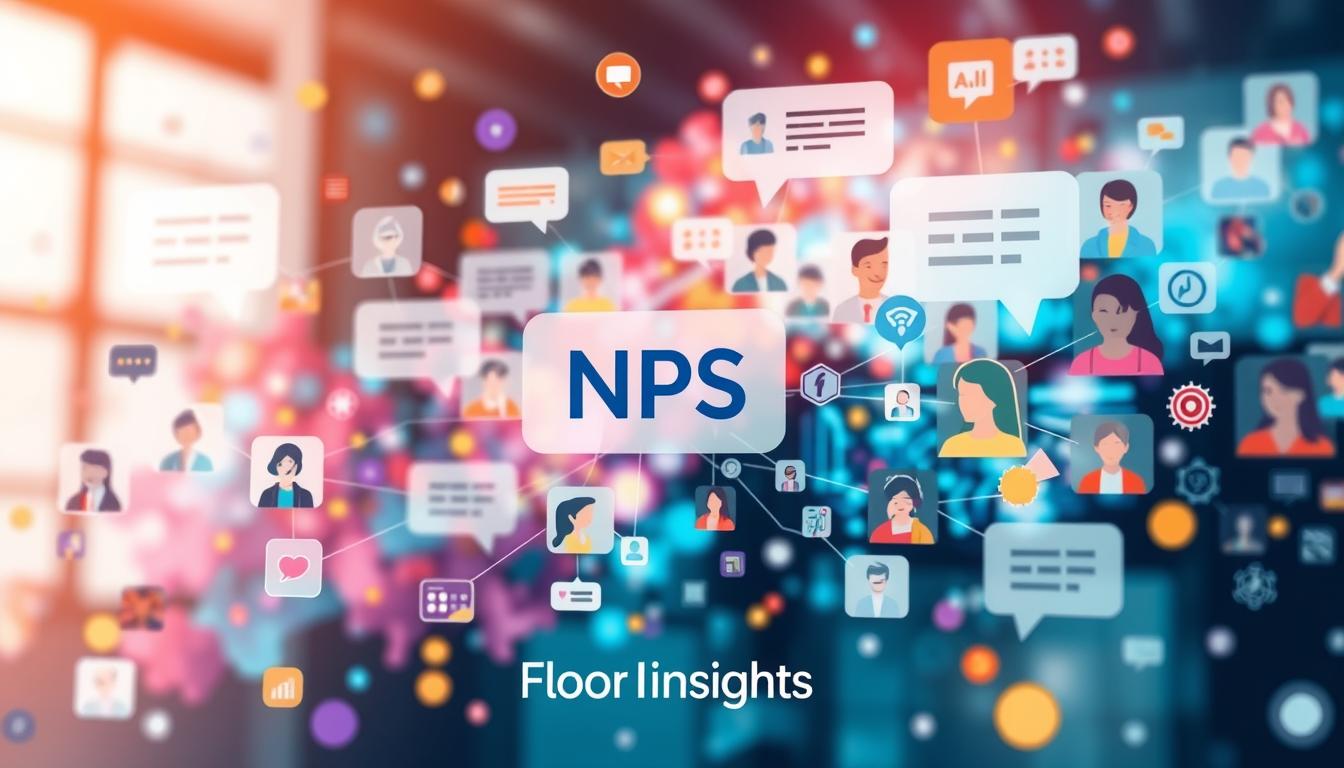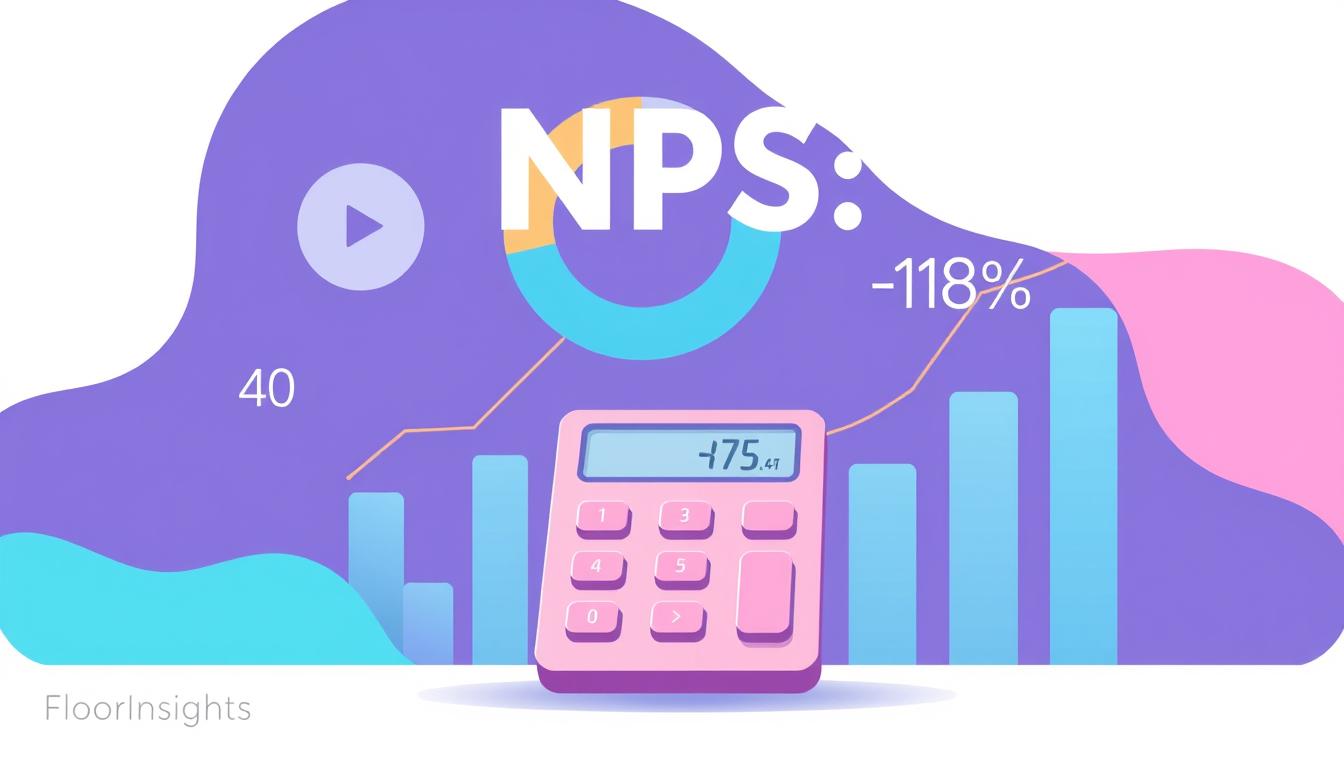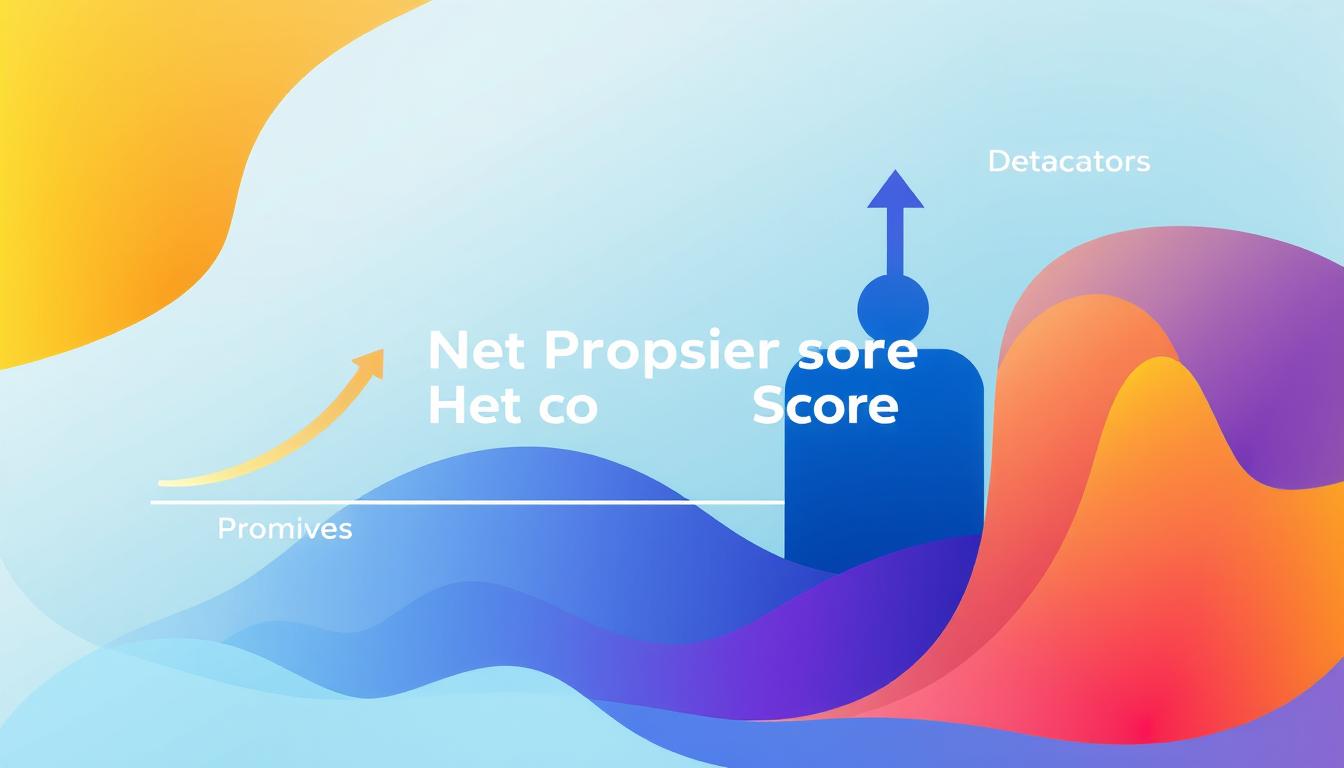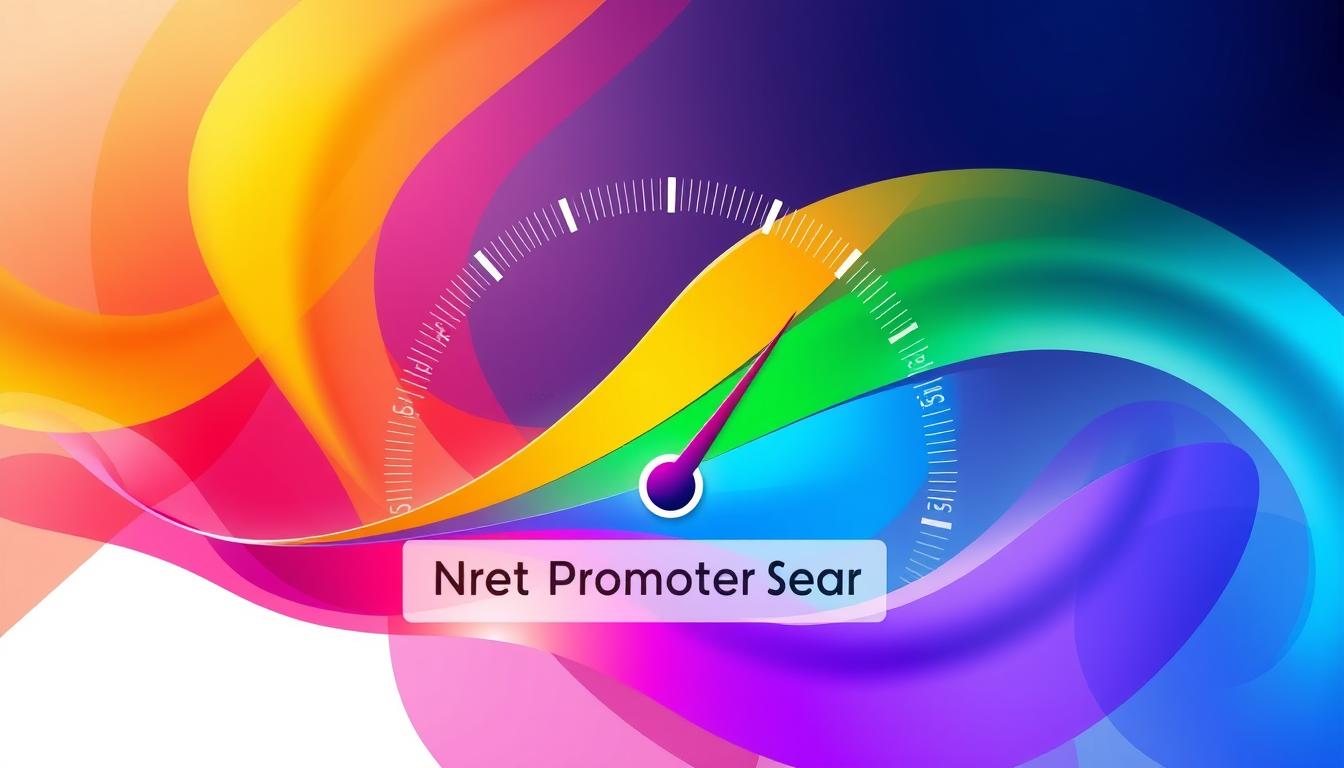As we navigate the evolving landscape of customer experiences, it becomes increasingly clear that personalized customer support plays a crucial role in enhancing the Net Promoter Score (NPS). This metric serves as a pivotal indicator of customer loyalty, reflecting how our tailored interactions can significantly influence perceptions of our brand. By recognizing the importance of implementing a customized approach to support, we can foster stronger relationships with our customers, ultimately boosting their satisfaction and loyalty. In this section, we will delve into the essential features of effective customer support that resonate with customers, setting the stage for understanding the measurement of customer satisfaction through NPS and personalization.
Key Takeaways
- Personalized customer support is crucial for enhancing Net Promoter Score.
- Effective support builds stronger customer loyalty.
- Understanding NPS helps in measuring customer satisfaction.
- Tailored interactions can lead to improved customer perceptions.
- Companies must adopt a personalized approach to support.
Understanding Net Promoter Score: A Key Metric for Customer Loyalty
The Net Promoter Score (NPS) serves as a crucial customer loyalty metric that helps businesses gauge customer sentiment. We recognize the significance of this score as it reflects how likely customers are to recommend our products or services to others. The calculation of NPS involves a simple question within our customer satisfaction survey: “On a scale of 0 to 10, how likely are you to recommend us?” Customers are categorized into promoters, passives, and detractors based on their responses.
This straightforward yet powerful metric enables us to identify trends in customer loyalty over time. Through the analysis of NPS surveys, we can gather insights into customer satisfaction and determine areas requiring improvement. Businesses that regularly evaluate their Net Promoter Score can effectively monitor shifts in customer sentiment, ultimately understanding the dynamics of customer loyalty.
| Customer Category | Score Range | Characteristics |
|---|---|---|
| Promoters | 9-10 | High satisfaction, loyal customers, likely to recommend. |
| Passives | 7-8 | Satisfied but unenthusiastic, susceptible to competition. |
| Detractors | 0-6 | Unhappy customers, likely to share negative feedback. |
By engaging in consistent NPS surveys, we can create actionable insights that support heightened customer loyalty, ultimately driving our organization’s success.
What is Personalized Customer Support?
Personalized customer support refers to the approach of tailoring interactions to suit individual customer needs and preferences. By understanding each customer’s unique situation, brands can provide a more relevant and engaging experience. This level of attention fosters loyalty, as customers feel valued and understood.
Implementing a customer-centric approach can significantly enhance the overall support experience. For instance, many successful brands utilize sophisticated customer relationship management tools to track interactions and gather data, allowing them to offer tailored customer service. This means customers receive support that resonates with their specific concerns or queries, rather than generic responses.
Companies excelling in personalized customer support often see improved customer relationships. Here are a few notable examples:
- Amazon: Their use of past purchase data enables them to recommend products that suit individual customer tastes.
- Zappos: Known for their exceptional phone support, they empower representatives to resolve issues based on personal connections with customers.
- Netflix: Their recommendations are highly tailored, using algorithms that adjust based on individual viewing habits.
These brands showcase how a tailored customer service strategy can yield a more engaged and satisfied customer base. As businesses increasingly adopt a customer-centric approach, the benefits of personalized customer support become undeniable.
| Brand | Approach | Benefit |
|---|---|---|
| Amazon | Data-driven recommendations | Increased sales through relevant suggestions |
| Zappos | Empowered customer support representatives | Enhanced customer loyalty and satisfaction |
| Netflix | Personalized viewing recommendations | Higher customer retention rates |
How Personalized Support Influences the Net Promoter Score
Understanding how personalized support affects customer satisfaction reveals significant insights into NPS feedback. Customers who experience tailored interactions with brands often demonstrate higher levels of loyalty and are more likely to recommend them to others. This connection highlights the vital role that personalized support plays in fostering positive customer perceptions.
The Link Between Customer Satisfaction and Personalized Support
Our findings indicate that personalized support directly contributes to improving customer satisfaction. Providing individualized assistance creates a sense of connection, which fosters trust and encourages repeat business. When businesses invest in personalized experiences, they often see a corresponding rise in their NPS feedback scores.
Analyzing NPS Feedback to Improve Customer Interactions
To fully leverage NPS feedback for enhancing our customer interactions, we must analyze collected data critically. Identifying key pain points within the feedback allows us to understand customer expectations and areas needing improvement. By effectively utilizing this information, we can refine our support processes, ultimately driving better customer satisfaction measurement and retention rates.

Effective Strategies for Implementing Personalization in Customer Support
In a competitive marketplace, understanding how to implement effective customer support strategies is essential. We can greatly enhance customer experience by utilizing customer data for tailored experiences and focusing on proper staff training for personalized assistance. These strategies contribute significantly to overall customer support effectiveness.
Utilizing Customer Data for Tailored Experiences
By gathering and analyzing customer data, businesses can create tailored experiences that resonate with individual preferences. Key techniques for leveraging customer data include:
- Data Collection: Utilize multiple channels to gather customer data, ensuring a comprehensive understanding of each client’s needs and preferences.
- Segmentation: Categorize customers based on their behaviors, preferences, and history to deliver more personalized solutions.
- Analysis: Regularly assess customer insights to improve interactions, allowing for adaptable responses that enhance the overall experience.
Training Staff to Provide Personalized Assistance
Effective customer support relies heavily on well-trained staff who can provide personalized assistance. Focusing on skill development will ensure employees can connect with customers authentically. Key areas for staff training include:
- Empathetic Communication: Training personnel to express understanding and support toward customer inquiries enhances trust and satisfaction.
- Active Listening: Encouraging staff to listen attentively allows them to address specific customer concerns effectively.
- Feedback Utilization: Teaching staff to use customer feedback to refine their approach can lead to improved interactions and stronger relationships.
Integrating NPS Surveys into Your Customer Support Process
Integrating NPS surveys into our customer support process can significantly enhance how we understand and respond to customer needs. Establishing a structured approach for feedback integration allows us to capture valuable insights on customer satisfaction and loyalty.
To effectively embed NPS surveys into support workflows, we recommend following several best practices:
- Timing: Conduct NPS surveys immediately following a customer interaction. This provides the freshest perspective on their experience.
- Frequency: Keep surveys frequent but not overwhelming. Regularly scheduled surveys can help track changes over time without causing survey fatigue.
- Methods: Utilize multiple channels for survey delivery. Email, in-app prompts, and SMS can cater to different customer preferences.
The objective of feedback integration lies in creating an ongoing loop of improvement. By utilizing insights gathered from NPS surveys, we can refine our customer support process, ensuring that our strategies are aligned with what customers truly value.
As we embrace this approach, our organization not only improves its customer support framework but also fosters greater loyalty and satisfaction among our clients. Engaging actively in feedback integration transforms the customer experience into a proactive dialogue, conducive to long-term relationships.
Case Studies: Success Stories of Personalized Customer Support
Understanding the practical implications of personalized customer support can be enhanced through insightful case studies. These examples not only illustrate successful NPS improvement strategies but also highlight the effective methods these brands used to foster brand loyalty among customers.
Brand A: Boosting NPS through Personalization
Brand A implemented a comprehensive system to gather customer feedback through detailed customer satisfaction surveys. By analyzing the feedback meticulously, they identified specific areas where their personalized support could enhance the customer experience. This led to the introduction of tailored communication that addressed individual customer concerns, resulting in a significant increase in their NPS. Their focus on personal interactions transformed their brand image, proving that targeted improvements can lead to remarkable NPS optimization.
Brand B: Lessons Learned from Customer Satisfaction Surveys
Brand B’s journey emphasizes the value of learning from customer satisfaction surveys. They actively sought input from customers to identify gaps in their service delivery. Using the insights gained, Brand B adapted its support strategies to address the specific needs of its clientele. These adjustments fostered stronger relationships, enhancing brand loyalty and ultimately leading to an improvement in their NPS. The lessons learned from this process illustrate how proactive engagement can create a significant impact on both customer satisfaction and brand perception.
Measuring the Impact of Personalization on Customer Experience
To truly understand the effectiveness of our personalized customer support strategies, we must focus on customer experience measurement as a vital aspect of our overall performance. By analyzing key metrics, we can assess how personalization impacts customer satisfaction and loyalty, which in turn influences our NPS metrics. Establishing a clear framework for measuring these elements allows us to identify the strengths and weaknesses of our approach.
One effective method for evaluating the personalization impact is through direct feedback from our customers. Surveys and interviews can provide us with valuable insights into how our personalized interactions affect their experiences. Additionally, tracking repeat purchases and customer retention rates offers quantitative data that complements qualitative feedback, allowing us to form a comprehensive understanding of our service effectiveness.
To maintain and enhance our NPS over time, we must continuously refine our personalization efforts based on the data collected. By optimizing our customer interactions and aligning them with identified preferences and needs, we can ensure that we deliver consistent experiences that resonate with our clients. In this dynamic landscape, our commitment to ongoing evaluation and adaptation will ultimately lead to sustained success in enhancing customer experience.
FAQ
What is a Net Promoter Survey?
A Net Promoter Survey is a tool used to measure customer loyalty and satisfaction by asking customers how likely they are to recommend a product or service to others. It typically employs a simple scale, allowing businesses to gauge feedback quickly.
How does NPS feedback help improve customer relationships?
NPS feedback provides valuable insights into customer sentiment, enabling us to identify strengths and weaknesses in our support processes. By analyzing this feedback, we can make data-driven adjustments that enhance customer experiences, ultimately elevating loyalty and retention.
What is the difference between an NPS survey and a customer satisfaction survey?
An NPS survey specifically measures customer loyalty through a singular question about recommending a product or service, while a customer satisfaction survey encompasses a broader range of questions that gauge overall satisfaction, including service quality and experience.
Why should we conduct customer satisfaction measurements regularly?
Regular customer satisfaction measurements allow us to stay attuned to our customers’ needs and expectations over time. By consistently collecting data, we can adapt our strategies to maintain or improve satisfaction levels, ensuring lasting customer loyalty.
What is a Guest Satisfaction Survey?
A Guest Satisfaction Survey is tailored for service industries, aimed at understanding the experiences of guests. It collects feedback on various aspects, such as service quality and overall experience, helping organizations enhance their offerings.
Can you explain the Customer Effort Score (CES) and how it differs from NPS?
The Customer Effort Score (CES) measures the ease of interaction customers have with a brand in resolving issues or obtaining services. Unlike NPS, which focuses on loyalty and likelihood of recommendation, CES zeroes in on the effort required for customers to achieve their goals.
How can we utilize customer data in personalized customer support?
We can utilize customer data by analyzing past interactions, preferences, and behaviors. This information allows us to tailor support experiences, making them more relevant and effective for individual customers, thereby enhancing overall satisfaction.
What strategies can we implement to train staff for personalized assistance?
Effective training strategies include workshops focused on empathy, active listening, and personalized communication. Role-playing and real-world scenarios can also be helpful in preparing staff to meet the unique needs of each customer.
How often should we integrate NPS surveys into our customer support process?
Integrating NPS surveys should be a continuous effort. Regularly collecting feedback at strategic points during the customer journey ensures we stay updated on customer sentiment, enabling ongoing improvements to our support efforts.






